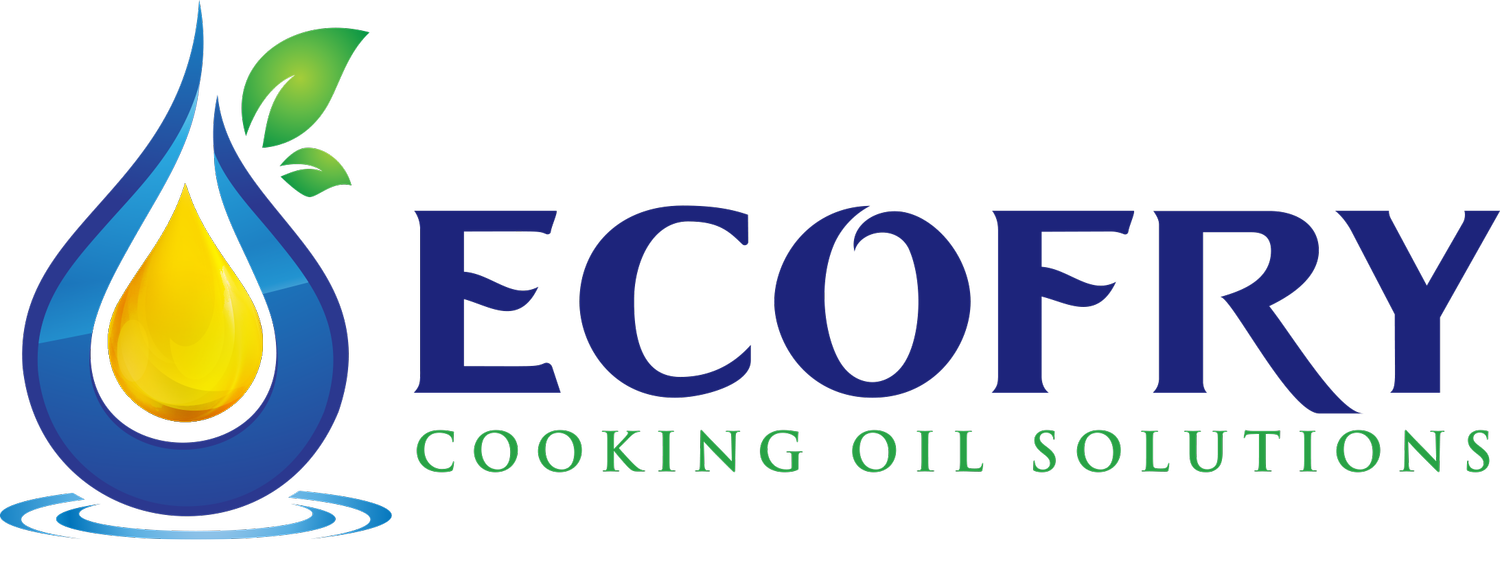The Truth About Seed Oils in Hospitality: A Balanced Look at Health, Cost, and Quality
Seed oils have become a hot topic in the food industry, with many questioning their health impact. Some believe they are harmful due to their omega-6 fatty acid content and refining process, while others argue they are an essential and cost-effective staple for commercial kitchens.
As a hospitality business, your priority is delivering great food while balancing quality, cost, and sustainability. And when it comes to cooking oils, we understand that the debate can be overwhelming. At ECOFRY, we work closely with restaurants, cafes, and food service providers to supply high-quality Fresh Canola Oil and collect Used Cooking Oil, ensuring businesses run smoothly and sustainably.
Understanding the Concerns About Seed Oils
The criticism of seed oils largely stems from concerns about:
Omega-6 Fatty Acids: Some research suggests that excessive omega-6 intake, relative to omega-3s, may contribute to inflammation. However, this is typically a concern in highly unbalanced diets, not moderate consumption.
Processing Methods: Highly refined oils undergo processes like bleaching and deodorisation, which can affect their nutrient profile. However, not all seed oils are processed the same way.
High-Heat Cooking Stability: Some seed oils break down at high temperatures, potentially producing harmful compounds. Choosing a high-quality oil with a high smoke point is key.
The Reality: Why Canola Oil is a Smart Choice
While some seed oils may have drawbacks, not all are created equal. Canola oil, in particular, stands out as one of the best options for commercial kitchens. Here’s why:
Balanced Fat Profile: Canola oil contains one of the lowest amounts of saturated fat among cooking oils and has a good balance of omega-3 and omega-6 fatty acids.
High Smoke Point: Ideal for deep frying and high-heat cooking, making it a reliable choice for busy kitchens.
Neutral Flavor: Enhances food without overpowering it, unlike some alternative oils that can alter taste profiles.
Cost-Effective & Accessible: Unlike premium alternatives such as olive or avocado oil, canola remains a budget-friendly choice for businesses managing tight margins.
Sustainability: ECOFRY supports local Australian farmers by sourcing high-quality canola oil and providing an environmentally responsible Used Cooking Oil collection service. The Oil we collect is then sent away and upcycled to be used as Sustainable Aviation Fuels and Biofuels, extending the lifespan of the oil further.
The Hospitality Dilemma: Health vs. Cost
We get it, many hospitality venues would love to use “healthier” oils like extra virgin olive oil or coconut oil, but these simply aren’t financially viable at scale. The key is finding a balance: choosing a Cooking Oil that is affordable, high-performing, and responsibly sourced.
At ECOFRY, we believe canola oil is the answer. It provides a better balance of nutrition, performance, and affordability without compromising on taste or sustainability.
The Impact of Not Using Seed Oils in Hospitality
Increased Costs: Switching to alternative oils can significantly raise costs, affecting the profitability of restaurants and cafes.
Consistency and Quality: Many alternative oils may not perform as consistently in high-heat cooking, potentially compromising the quality of dishes.
Supply Chain Challenges: Seed oils like canola are widely available, whereas sourcing enough alternative oils to meet the demands of the hospitality industry can be challenging.
Making the Best Choice for Your Business
Hospitality businesses face tough decisions every day, and the choice of Cooking Oil is no exception. While concerns about seed oils exist, it’s important to separate myths from facts. By choosing high-quality canola oil from a trusted supplier, you’re making a smart, sustainable, and financially sound decision for your business.
Want to learn more about our Cooking Oil Solutions? Get in touch with us today and let’s keep your kitchen running smoothly, sustainably, and affordably.
